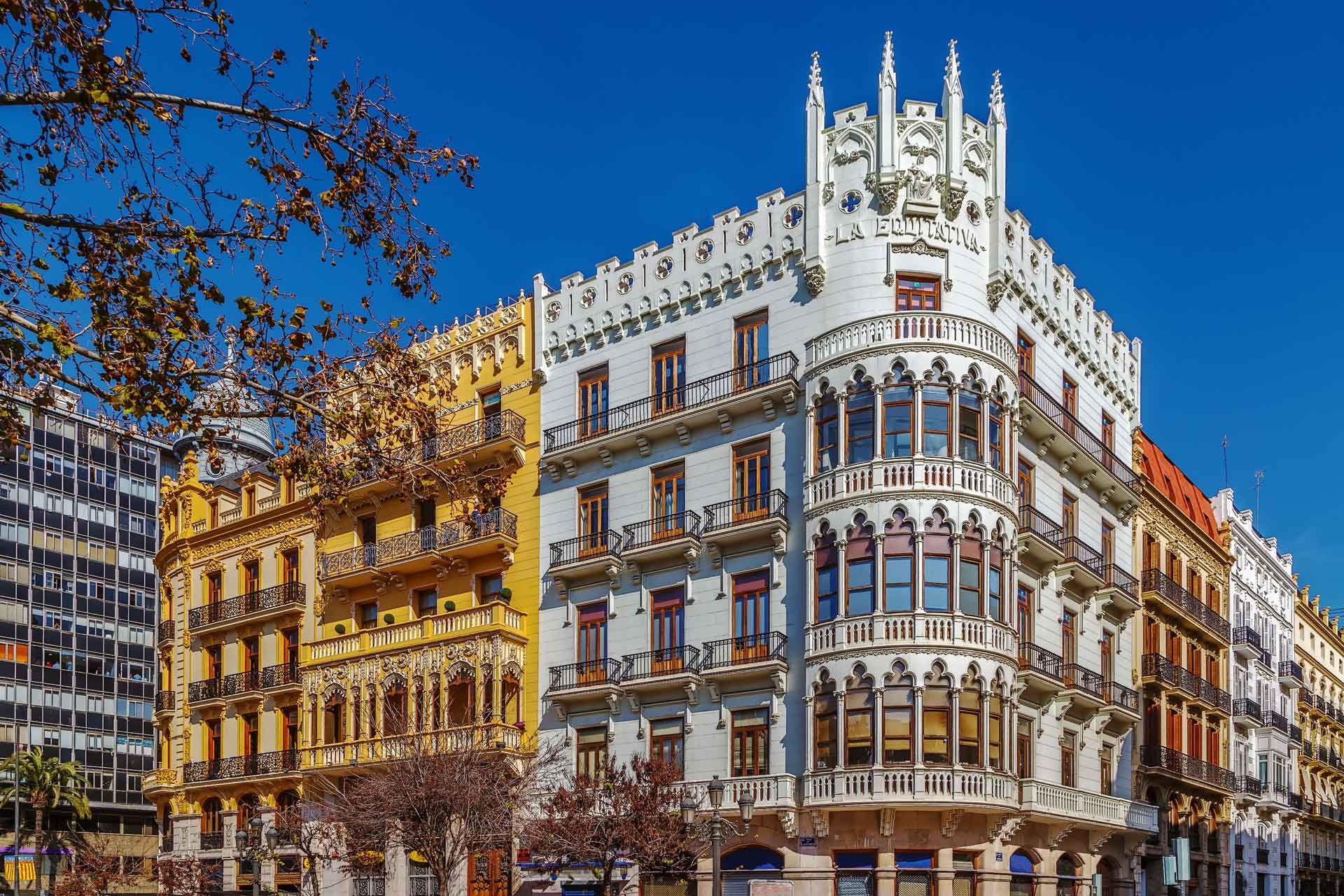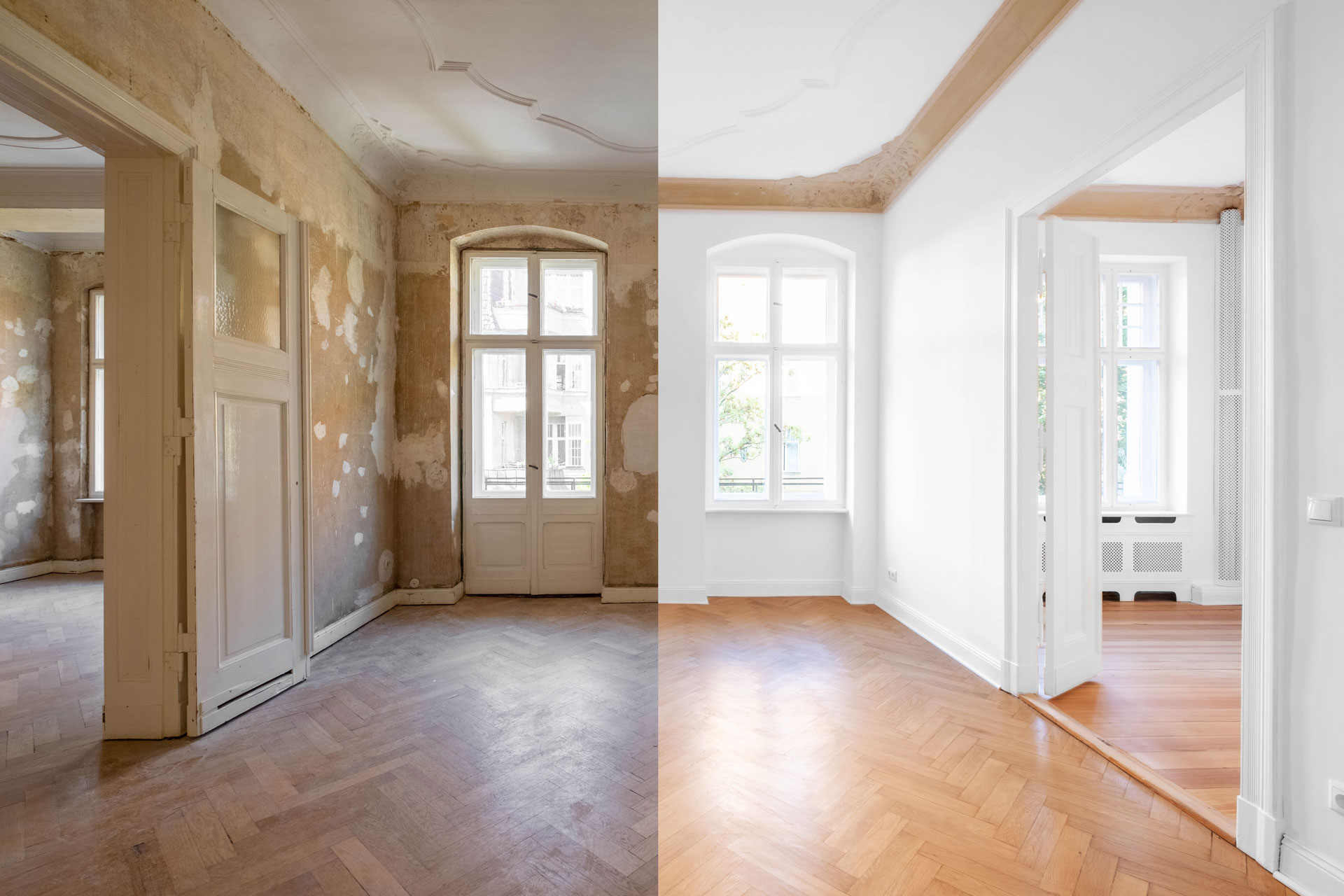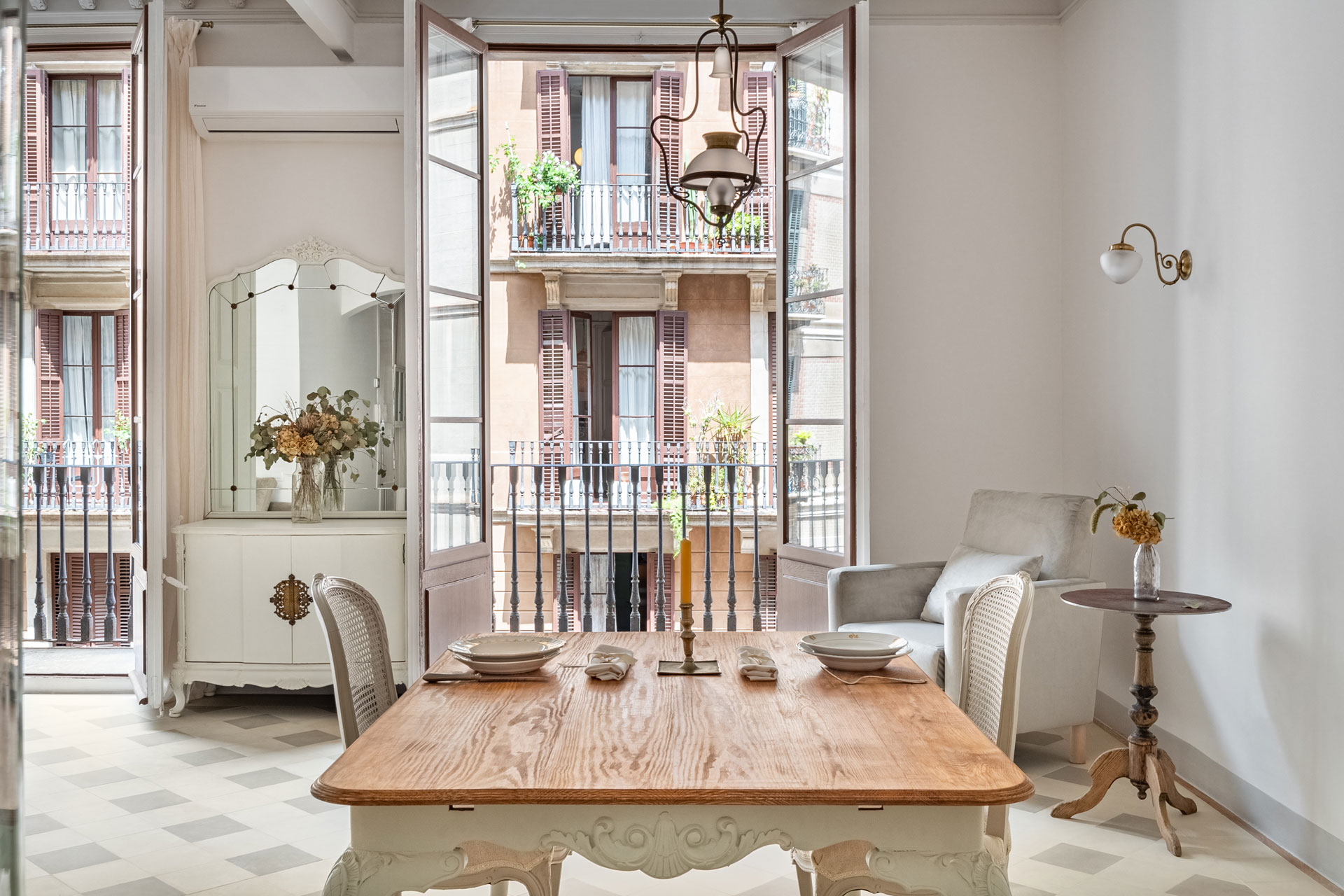Immigration for non-EU citizens often brings more surprises and costs than people expect. Moving to Spain as a retiree, family, digital nomad or professional means facing not only the visible expenses but also many hidden ones. Visas, translations, insurance, legal fees, taxes, integration costs… these costs can quietly double or triple your budget if you do not plan carefully.
At Livin’Valencia, we are Real Estate Advisors who work hand in hand with trusted immigration and tax partners to make your move to Valencia smooth and stress-free. Securing long-term housing is not just a lifestyle decision, it is a legal requirement for most visas and for obtaining your TIE once in Spain. Our role is to ensure you have the right rental or purchase contract in place, even before you arrive, so you can enter Spain, present your visa within the 90-day window, and move forward with peace of mind. Alongside this, we coordinate closely with our legal partners and include a free tax and immigration consultation in all our relocation packages.
Below is a deep dive into what many expats do not see coming, so you can budget smarter and avoid unpleasant surprises.
Why hidden costs matter and what “hidden” really means
When people begin planning immigration, they focus on major visible expenses such as visa fees, flights, housing deposits and furniture. But the “hidden costs” are those smaller but essential expenses you must pay along the way, or recurrent ones you had not accounted for. These costs often appear when dealing with bureaucracy, translation, compliance, legal advice, local registrations, taxes and family integration.
Failing to budget for them can slow down your immigration timeline, increase stress, or in the worst case, force you to backtrack. Our aim is to help you anticipate, manage and amortize these costs from day one.
1. Consulate, visa and permit fees
Visa and permit fees vary depending on nationality, consulate reciprocity, type of visa and whether you renew or modify it.
- Residence authorization (temporary): around €11
- Long-term or permanent residence permit: around €22
- Work permit initial authorizations: €200 to €400 depending on salary thresholds and category
- Renewal or modification fees: €80 or more depending on the case
- Consulate visa fees: vary by nationality. For example, U.S. citizens applying for a Spanish student visa pay around $160
- Non-Lucrative Visa applicants pay a consular fee plus additional costs depending on reciprocity agreements
In practice, visa and permit fees might total €100 to €500 per person over the process of initial visa, permit and renewals. What matters most is knowing the specific reciprocity agreements for your country and preparing the right payment methods and forms in advance, since even small mistakes can mean delays or rejected applications. At Livin’Valencia, we anticipate these requirements and coordinate with our lawyer partners so our clients never lose time or money on overlooked details.
2. Document gathering, translation, legalization, apostilles
Every legal or personal document you present, such as birth certificates, marriage certificates, police records, diplomas or bank documents, must often meet strict Spanish standards.
- Certified translation into Spanish
- Legalization or apostille
- Consular legalization or embassy attestation depending on country
- Notarial copies and certification
- Publication or entry in Spanish registries
Translation of a document can cost €20 to €1 000. Apostilles may add €10 to €50 per document. In sum, preparation often runs €200 to €3 000 for one person or a family. Many newcomers underestimate how many documents need attention, and how long it takes to coordinate the certifications between different offices and countries. With our guidance, you know exactly which documents to prepare, in which order, and how to streamline the process through trusted translators and legal providers.
3. Health insurance and medical checks
Spain requires that most non-EU visa holders carry private health insurance with full coverage and no copay, valid from day one. Travel insurance is not enough. Premiums depend on age and health. For a retired couple in their 60s, expect €1 000 to €3 000 per year. For younger individuals, costs may be €500 to €1 500 per year.
Some visa categories also require a medical certificate proving you do not suffer from contagious diseases. This can cost €50 to €300. Choosing the wrong insurance or failing to present the medical certificate in the required format can mean a rejected visa. We make sure our clients have access to compliant policies and we connect them to clinics that know the requirements of Spanish consulates, which avoids last-minute stress and rejections.
4. Legal, tax and advisory fees
While Livin’Valencia is not a law or tax firm, we coordinate with lawyers and fiscal advisors and ensure their involvement in your case. Their fees add cost. Immigration lawyers may charge €500 to €3 000 depending on complexity. Tax advisory is crucial if you have global income, pensions or investments, and consultations usually cost €500 to €2 000. If you are self-employed or applying through an entrepreneur visa, you may also face ongoing accounting fees of several hundred euros per month.
These services are not optional. They provide protection against errors, double taxation, or legal problems later. Our clients benefit from free initial consultations and transparent referrals to vetted professionals, which helps control costs and build trust.
5. Local bureaucracy, registrations and identity cards
After arrival you must register locally and obtain identity cards. This includes the NIE, the TIE resident card, and registration in the municipal padrón. Fees are modest, usually €16 to €22, but the process can take time and requires correct supporting documents.
Many expats discover too late that simply booking an appointment is not enough. Without the correct housing contract or complete paperwork, offices often refuse the application and you must start again. This can waste weeks. With us at your side, all documents are prepared and checked in advance, so your registrations move forward smoothly on the first attempt.
6. Housing extras, deposits, utility setup and property taxes
Housing is the backbone of your immigration. Without a long-term contract, you cannot apply for most visas or obtain the TIE. Beyond rent or purchase, there are deposits, usually one or two months, warranties since you’re not a fiscal resident in Spain yet, usually from 2 to 6 months in advance, agency fees of one month’s rent, utility deposits for electricity, water, gas and internet, and community fees in shared developments. For buyers, additional costs include notary, registration, property transfer tax or VAT, and annual property tax (IBI).
Recent proposals in Spain have even considered a 100 percent tax on properties bought by non-EU residents. While not yet enacted, it illustrates how critical it is to anticipate possible changes in legislation. Our role is to secure contracts that are legally valid for immigration and to uncover hidden liabilities, so you start your life in Spain with clarity and stability.
7. Taxes, compliance and residency obligations
Living in Spain has tax implications. Spending more than 183 days per year usually makes you a Spanish tax resident, which means you must report worldwide income. Taxes include income tax, wealth tax, capital gains tax and inheritance tax. Non-resident property owners also face imputed income tax. Compliance fines are heavy for mistakes or delays.
Rather than treating tax as an afterthought, we ensure our clients know from the start what their obligations will be. With clear planning, the right tax residency decisions, and support from our trusted advisors, you can avoid penalties and keep your financial structure aligned with Spanish law.
8. Family integration costs
Families face hidden costs that individuals do not. Schools may require deposits, uniforms and materials. Transport, whether by car or public passes, quickly adds up. Language classes for children and adults are often essential for integration and citizenship. Cultural memberships and activities help families settle but also increase expenses.
Through our relocation guidance, we provide realistic cost estimates tailored to your family size and lifestyle, so you know what to expect month by month and can adapt your budget in advance.
9. Contingency buffer
Unexpected delays, rejected documents or penalties are common in immigration. Even the best-prepared families encounter sudden requests for additional translations, expired documents, or renewed police certificates. Budgeting 10 to 20 percent more than your calculated total gives you breathing room. We encourage all our clients to prepare this cushion, because peace of mind during relocation is worth much more than the risk of financial surprises.
Illustrative cost scenarios
| Scenario | One person (young professional) | Retiree couple |
|---|---|---|
| Visa and permit fees | €200–€500 | €300–€800 |
| Documents | €300–€800 | €500–€1 200 |
| Insurance and medical | €500–€1 500 | €1 200–€3 000 |
| Legal and tax | €500–€1 500 | €800–€2 000 |
| Registrations | €50–€200 | €100–€300 |
| Housing extras | Varies | Varies |
| Annual tax setup | €200–€800 | €500–€2 000 |
| Integration costs | — | depends |
| Contingency | €400–€1 000 | €800–€2 000 |
Totals: singles €3 000 to €8 000, families and retirees €6 000 to €15 000 in hidden costs, on top of base housing.
How we supports your move
At Livin’Valencia, our mission is to make your relocation transparent and manageable. We are housing experts, securing the long-term contracts you need for visa compliance and TIE applications. We work hand in hand with immigration lawyers and tax partners to cover the legal and fiscal dimensions. We include a free tax and immigration consultation in every package. We accompany you through bureaucracy, registrations and housing logistics. We protect you from hidden costs by anticipating them and integrating them into your relocation plan. Find out more about our Centralized Visa & Housing Services
Conclusion
Immigration involves more than visas and flights. For non-EU citizens relocating to Spain, the hidden costs can add thousands of euros if you do not anticipate them. With expert housing support, legal and tax coordination, and transparent planning, these costs become manageable.
You do not need to navigate this alone. We are here to secure your housing, guide you through every step and connect you to the right partners.
Ready to move forward without hidden surprises? Book your free consultation with us today and let us make your relocation to Valencia smooth, transparent and stress-free.




